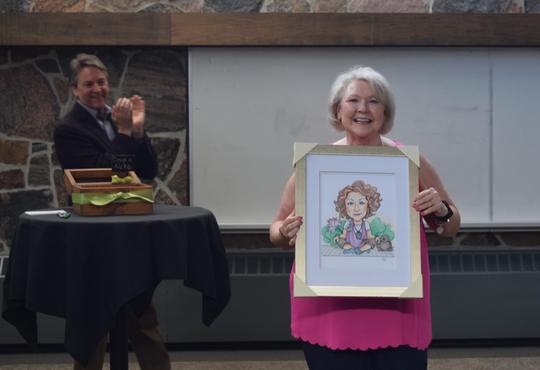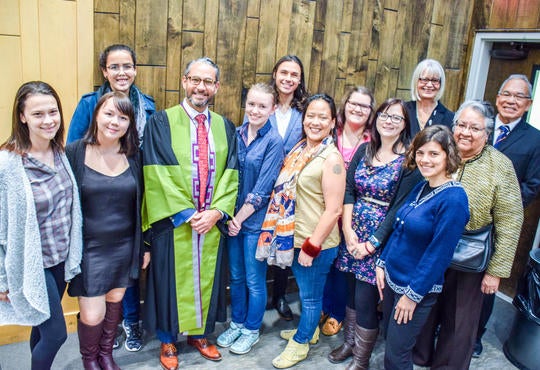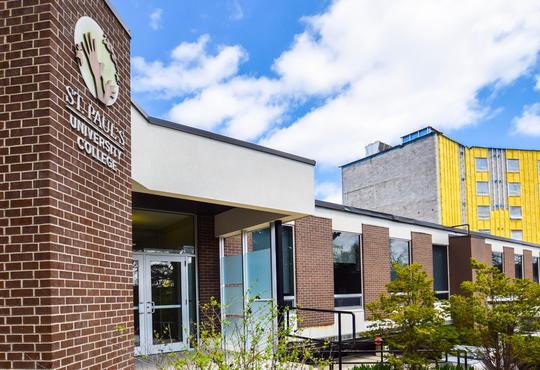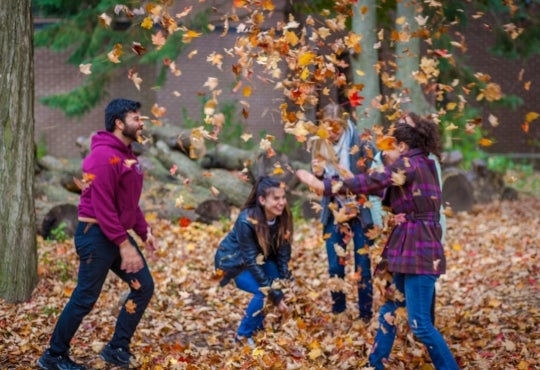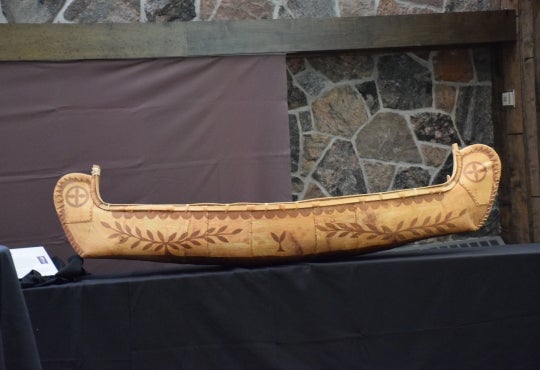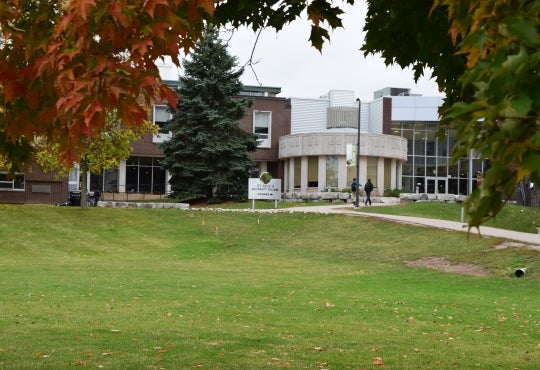Editor's Note
"Now that we know better, let's do better."
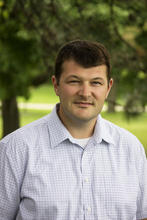 On page 14 of the Spring 2017 issue of Community Notes, we interviewed Lori Campbell, newly appointed Director of the Waterloo Indigenous Student Centre (formerly known as the Waterloo Aboriginal Education Centre).
On page 14 of the Spring 2017 issue of Community Notes, we interviewed Lori Campbell, newly appointed Director of the Waterloo Indigenous Student Centre (formerly known as the Waterloo Aboriginal Education Centre).
We asked a question about reconciliation and the role of all Canadians. Her answer, in a nutshell, was that by now, we all should know the history of how our governments and systems have mistreated Indigenous people. And, she said, “now that we know better, let’s do better.”
Fast forward a few months, and two high-profile murder acquittals have made it clear that, as a society, we still must do better. Not long before the trials began, Lori was seconded half-time to the University of Waterloo Equity Office as Director, Indigenous Initiatives to provide leadership and advisement on the campus Indigenization strategy. The University and St. Paul’s recognize that we must do better and the hard work is underway.
One way I can do better is to include more Indigenous perspectives in Community Notes. For this issue, we contracted Nickita Longman, a Saskatchewan-based freelance writer for one of our features “Ripple Effects: Two Prairie Cases Involving Indigenous Youth Rattle the Country”. I hope this story helps us all understand how we can do better.
Stephen Loo
Director, Advancement and Alumni Relations
P.S. Your comments and feedback on Community Notes are always welcome – please send them to stp.alumni@uwaterloo.ca.
Message from the Principal
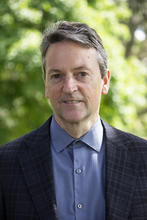 I’m willing to bet that during your time here, someone introduced you to musicians you hadn’t heard before that influenced your musical tastes. (In my case, it was Genesis.) But what about books? College life should be a time when you’re exposed to new authors who will take you into worlds you haven’t experienced before, and may not discover on your own. That’s why I’m enthusiastic about launching a new book collection for the Edward Jackman Reading Room, to provide students with a range of quality leisure reading. I think this initiative will strengthen our community and help provide students from all faculties with a well-rounded educational experience. I hope you’ll enjoy Beth Bohnert’s feature story about this project.
I’m willing to bet that during your time here, someone introduced you to musicians you hadn’t heard before that influenced your musical tastes. (In my case, it was Genesis.) But what about books? College life should be a time when you’re exposed to new authors who will take you into worlds you haven’t experienced before, and may not discover on your own. That’s why I’m enthusiastic about launching a new book collection for the Edward Jackman Reading Room, to provide students with a range of quality leisure reading. I think this initiative will strengthen our community and help provide students from all faculties with a well-rounded educational experience. I hope you’ll enjoy Beth Bohnert’s feature story about this project.
Speaking of books, I’m pleased to report that we have installed a permanent display of books published by St. Paul’s faculty over the years. We have an academic mandate and the most visible component of that mandate is teaching, but teaching is only one part. All respectable academic institutions assume that the role of faculty is not only to disseminate knowledge of their field, through teaching, but to expand and deepen our knowledge of that field through research and scholarship. So, the scholarly work of our faculty is an important part of the work of the College as a whole and it is, in some quarters, the most significant measure of the quality of our institution. In a lunch meeting with the University President last May, one of my college counterparts asked him what we, the Colleges, can do to help advance the work of the University. His response – without the slightest hesitation – was hire faculty who are top-notch scholars.
Yet for most of our community, the College’s scholarly work is almost invisible. That’s partly because you can’t see it like you can see classes being taught. But it’s also because we haven’t done enough to make it visible. That’s why we’ve created this new exhibit of faculty publications: two large display cases, housing several dozen books, just outside Alumni Hall. Come see it sometime – you’ll be impressed by the academic chops of your College!
Dr. Richard Myers
Principal



